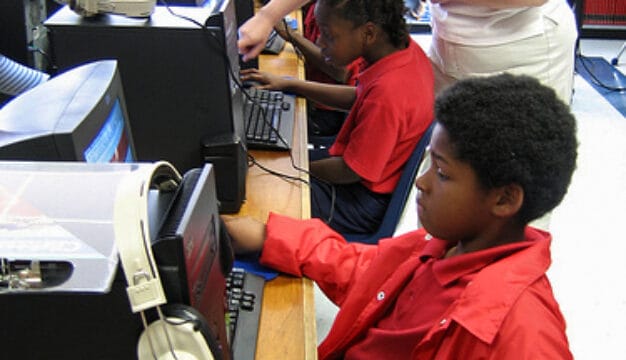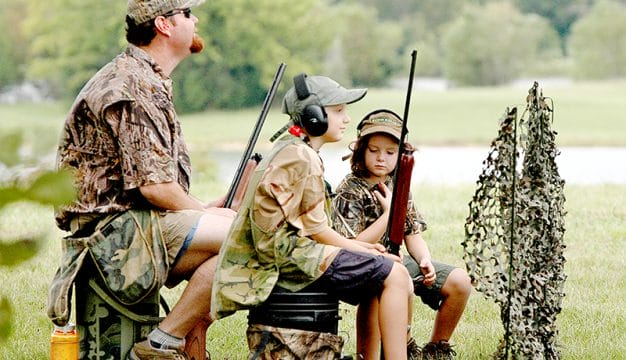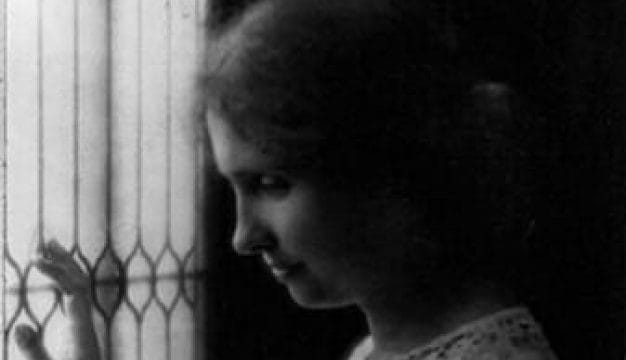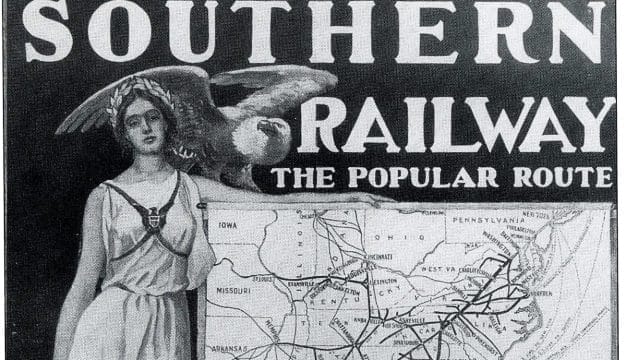Billy Williams
Former major league baseball player Billy Leo Williams (1938- ) was the 1961 National League Rookie of the Year, played in six All-Star games, and was named National League Player of the Year in 1972. He was voted into the National Baseball Hall of Fame in 1987. Williams spent most of his 18-year career (1959-1976) playing first base and left field for the Chicago Cubs and later for the Oakland Athletics. Known for his graceful swing of the bat, his nickname was “Sweet Swingin’ Billy.” Over his career, he amassed 2,711 hits, 426 home runs, batted .290, had 1,474 runs batted in (RBIs), and he once held the record for most consecutive games played, at 1,117.
 Billy Williams
Williams was born on June 15, 1938, in Whistler, an unincorporated community in Mobile County that is now part of Prichard. His father, Frank Williams, worked as a stevedore unloading bananas on the docks in Mobile and played baseball for the semi-professional Whistler Stars. His mother, Jesse May Williams, did house work for white families in neighboring Prichard. As the youngest of five children, Williams often accompanied his mother to work. He spent most of his Sundays in church and Sunday school and enjoyed singing in the choir and later had a habit of singing in the outfield. Like their father, the Williams boys played baseball. The older boys played for the Mobile Black Bears (formerly the Black Shippers), a semi-professional baseball club. Williams began occasionally filling in for absent players on the Black Bears when he was 13.
Billy Williams
Williams was born on June 15, 1938, in Whistler, an unincorporated community in Mobile County that is now part of Prichard. His father, Frank Williams, worked as a stevedore unloading bananas on the docks in Mobile and played baseball for the semi-professional Whistler Stars. His mother, Jesse May Williams, did house work for white families in neighboring Prichard. As the youngest of five children, Williams often accompanied his mother to work. He spent most of his Sundays in church and Sunday school and enjoyed singing in the choir and later had a habit of singing in the outfield. Like their father, the Williams boys played baseball. The older boys played for the Mobile Black Bears (formerly the Black Shippers), a semi-professional baseball club. Williams began occasionally filling in for absent players on the Black Bears when he was 13.
Williams attended Whistler Elementary School and Mobile County Training School. In high school, he ran track and was a defensive end on the football team. By this time, he also was playing full time for the Black Bears. He was offered a football scholarship to Grambling State University in Louisiana but chose to pursue baseball instead.
In 1955, Williams’s older brother Franklin signed with the Pittsburgh Pirates’ minor league system (he would play minor league baseball for several years). The following year, Chicago Cubs scout Ivy Griffin travelled to Mobile to scout Hank Aaron’s brother Tommie and signed Billy Williams as an amateur free agent. Two days after his high school graduation, Williams boarded a bus for Ponca City, Oklahoma, to play for the Cubs’ farm team in the Class D Sooner State League. He had played as an infielder with the Black Bears, but the Cubs placed him in the outfield. His first summer on the team, he played very little and did not travel to away games. In 1957, however, he played all 126 games of the season and batted .310 with 17 homeruns and 40 doubles, although he struggled somewhat with defense.
Williams soon began rising steadily in the minor leagues. He played in the 1958 season-opener in Pueblo, Colorado, but developed a severe stomach ailment that required several weeks of recovery. He moved to San Antonio, Texas, in 1959 to play in the Double-A Texas League, splitting his time between playing first base and outfield. While there, Williams encountered overt racism for the first time. He of course had grown up in a segregated town in Alabama, but he had never before lived in a predominantly white city in the segregated South. In San Antonio, he faced discrimination in hotels and restaurants. Angered by his treatment, he left Texas to return to Alabama. Williams stayed home for a week until the Cubs scout Buck O’Neill travelled to Whistler and talked him into returning to the team. He played in San Antonio for a few weeks before being promoted to the Triple-A Texas League in Fort Worth, Texas, batting .476 in his first week. He then was called to the major leagues at the age of 21.
Williams made his major league debut with the Cubs in Chicago, Illinois, at famed Wrigley Field on August 6, 1959. On January 25, 1960, Williams married his long-time girlfriend, Shirley Williams (no relation), and the couple would raise four daughters. In 1961, Williams was installed as the Cubs’ regular left-fielder. The team was not very successful but Williams was named National League Rookie of the Year, primarily for hitting 25 home runs in 146 games for a .278 batting average and for his 86 RBIs.
From 1962 until 1969, Williams averaged 162 games per year. He missed only three games in 1962 and one game in 1963, playing every game for the next seven years. He averaged 28 home runs and 95 RBIs, with a .293 batting average. On June 29, 1969, Williams played his 896th consecutive game, surpassing the number of National League games played by St. Louis Cardinals’ star Stan Musial. To celebrate, the Cubs held “Billy Williams Day” at Wrigley Field, playing a double-header against the Cardinals. The Cubs held a ceremony between the games and flew Williams’ mother and aunt in from Whistler.
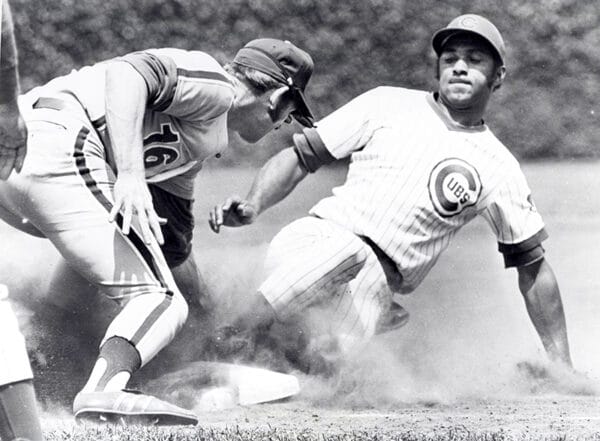 Billy Williams, 1972
Williams had his best season in 1970, when he was 32, batting .322 with 42 home runs. He missed the September 3 game, ending his National League streak at 1,117 games, placing him sixth on the all-time list and just ahead of fellow Alabamian Joe Sewell (1,103). After the season, he finished second in the National League Most Valuable Player (MVP) voting to Johnny Bench of the Cincinnati Reds. In 1972, he won the Major League Player of the Year award from The Sporting News for leading the league with a .333 batting average while also hitting 37 home runs. Williams was traded to the Oakland Athletics on October 23, 1974, for Darold Knowles, Bob Locker, and Manny Trillo. Williams was the full-time designated hitter for the team until they released him after their 1976 season. At 38, he decided to retire and played his final game on October 2, 1976.
Billy Williams, 1972
Williams had his best season in 1970, when he was 32, batting .322 with 42 home runs. He missed the September 3 game, ending his National League streak at 1,117 games, placing him sixth on the all-time list and just ahead of fellow Alabamian Joe Sewell (1,103). After the season, he finished second in the National League Most Valuable Player (MVP) voting to Johnny Bench of the Cincinnati Reds. In 1972, he won the Major League Player of the Year award from The Sporting News for leading the league with a .333 batting average while also hitting 37 home runs. Williams was traded to the Oakland Athletics on October 23, 1974, for Darold Knowles, Bob Locker, and Manny Trillo. Williams was the full-time designated hitter for the team until they released him after their 1976 season. At 38, he decided to retire and played his final game on October 2, 1976.
After retiring, Williams built a house north of Sacramento, where he and his family lived near his brother Franklin. In 1978, he became a minor league instructor for the Cubs, visiting minor league clubs through the summer and spending the rest of the year with his family in California. The Cubs promoted Williams to their major league coaching staff in 1980, and he and his wife moved to Glen Ellyn, Illinois.
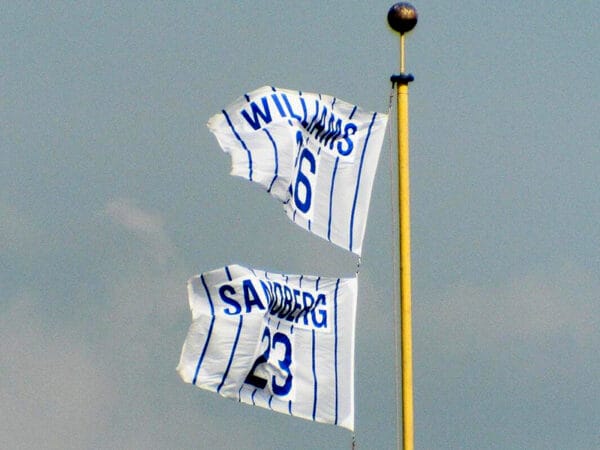 Billy Williams Retired Number
In 1982, Williams was invited to play in an American League vs. National League Old Timer’s game prior to that year’s All-Star Game as part of a celebration of the 50th anniversary of the first All-Star Game in 1933. At 44, Williams hit a home run. He was elected to the National Baseball Hall of Fame by baseball writers in 1987. At the induction ceremony in Cooperstown, New York, he urged further advancement for African Americans in baseball. A few weeks later, his number, 26, was retired by the Cubs. During their 2010 season, the Cubs unveiled a statue of Williams outside Wrigley Field. In 2011, Williams was named to the Baseball Hall of Fame’s Veterans Committee, which selects new inductees from those nominated.
Billy Williams Retired Number
In 1982, Williams was invited to play in an American League vs. National League Old Timer’s game prior to that year’s All-Star Game as part of a celebration of the 50th anniversary of the first All-Star Game in 1933. At 44, Williams hit a home run. He was elected to the National Baseball Hall of Fame by baseball writers in 1987. At the induction ceremony in Cooperstown, New York, he urged further advancement for African Americans in baseball. A few weeks later, his number, 26, was retired by the Cubs. During their 2010 season, the Cubs unveiled a statue of Williams outside Wrigley Field. In 2011, Williams was named to the Baseball Hall of Fame’s Veterans Committee, which selects new inductees from those nominated.
